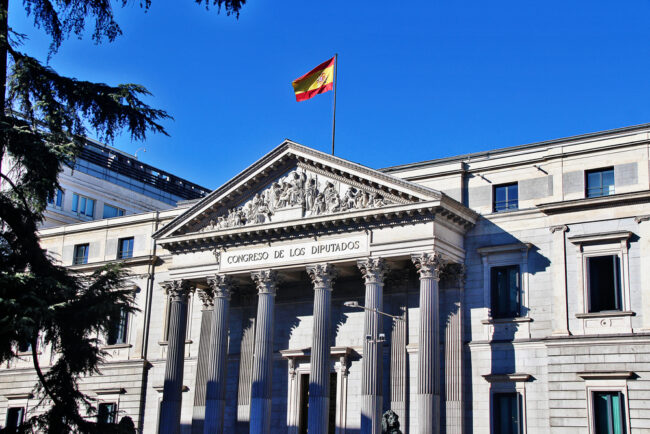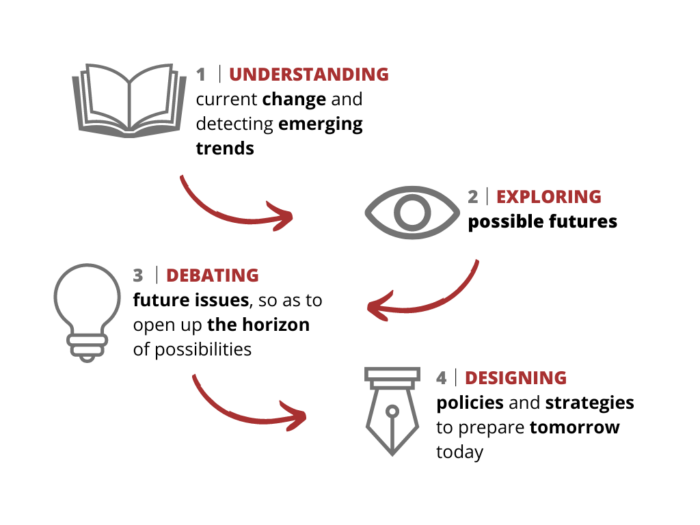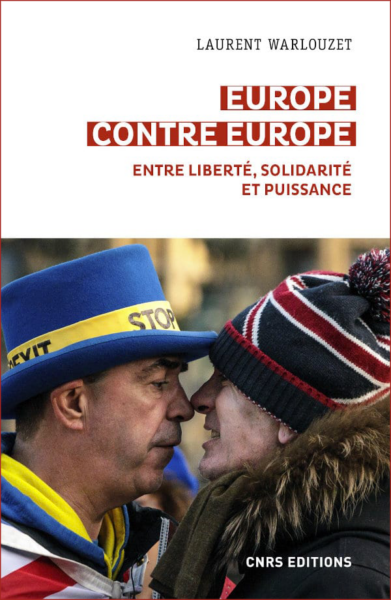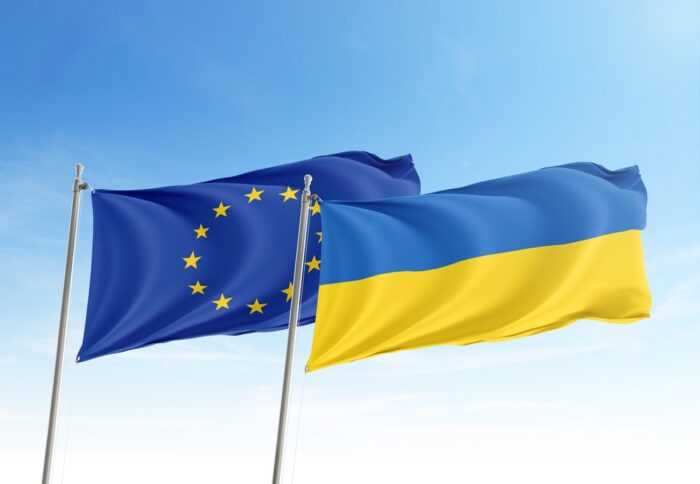The way the member states of the European Union choose to structure their territories, both politically and administratively, represents an often overlooked but very real difficulty for European integration, complicating the Union’s actions politically, institutionally, etc. To cast light on this, Futuribles has opened a dossier on territorial organization in Europe. After Germany and the UK, it is the turn here of Spain.
Éric Dufeil outlines the territorial issues facing this highly decentralized country, structured — with its “autonomous communities” — almost on federalist lines. He sets out the organization established after the disappearance of the Franco regime which, despite broad decision-making autonomy granted to communities, has not been able totally and effectively to curb Basque and Catalan nationalist demands. After reviewing the independence issue, Dufeil shows how it gained renewed vigour in the context of the 2008 economic crisis, which hit the Spanish economy hard and fed into a significant political crisis at the national level. He also explains the current reform of the financing of the autonomous regions and various scenarios for how Spanish territorial organization may develop (retention of the status quo, a unilateral break with the present order, an unlikely third way or — and why not? — federalism). Beyond the serious tensions that persist in Spain, particularly in Catalonia in recent times, the revitalization of Spanish civic life and democracy gives hope that a consensual solution will emerge from the dialogue between state and communities.



